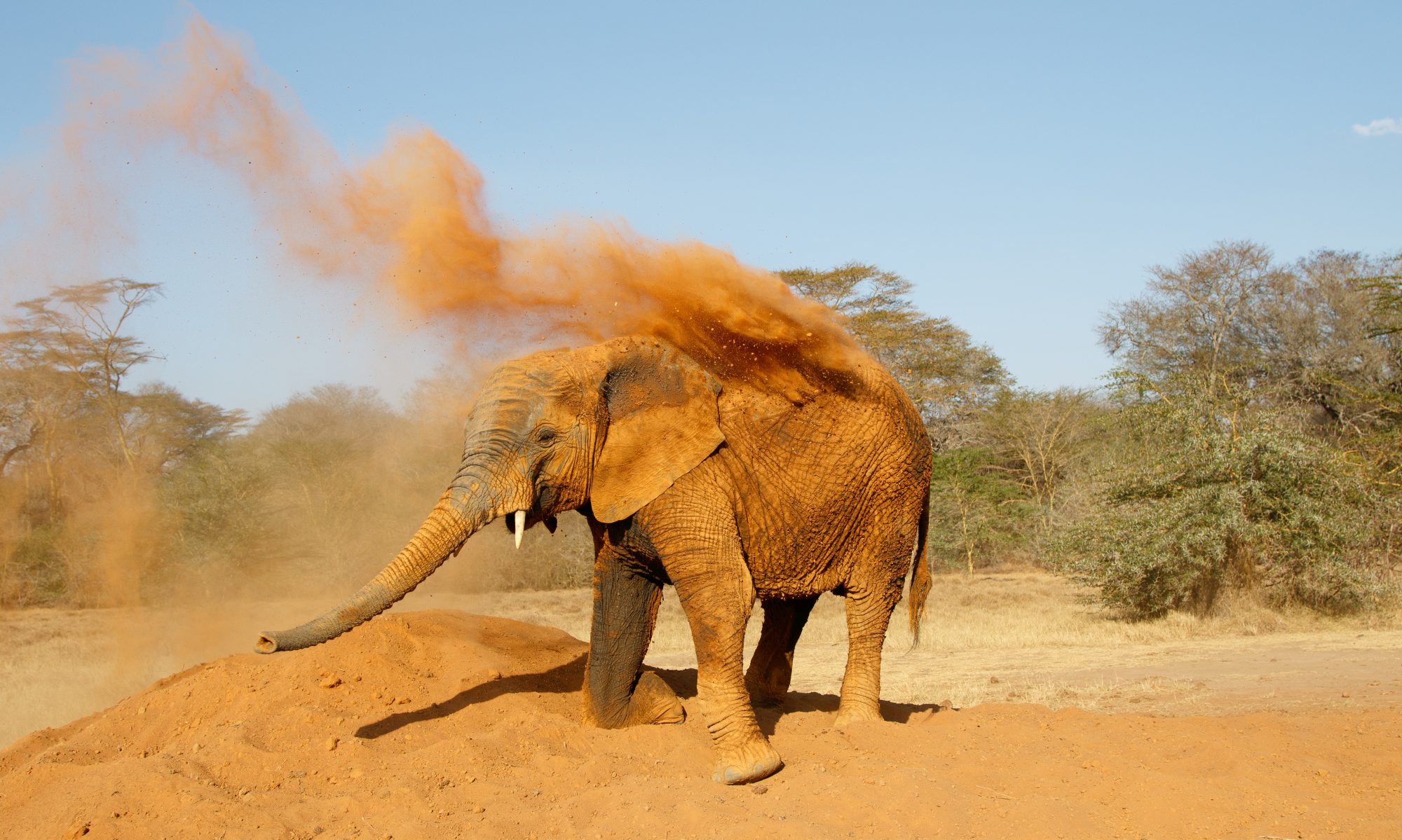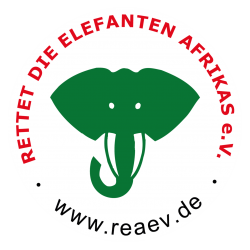Paris — Former French President Valery Giscard d’Estaing has made an impassioned plea to authorities in Tanzania to uphold the country’s traditional commitment to the conservation of wildlife and show no mercy to poachers.
The resurgent poaching of elephants and other animals, which are particularly found in this region, was causing worldwide concern, Mr d’Estaing has said in an exclusive interview with The Citizen here.
"Stiff punishment to poachers will have a deterrent effect to people who intend to engage in the malpractice," he suggested, noting that Tanzania was home to a very rich stock of wildlife.
"Tanzania is not only endowed with the richest variety of fauna and flora, but its successive governments since independence have demonstrated leadership and commitment in conserving this endowment for current and future generations of mankind," he observed.
Speaking in his capacity as President of the Wildlife Conservation Foundation of Tanzania (WCFT), Mr d’Estaing expressed concern about international media reports on intensified poaching and the absence of appropriate response from authorities.
An avid advocate for the protection of natural resources, Mr d’Estaing strongly recommended that the Tanzanian government should mete out stiff punishment to poachers because "they tarnish the country’s reputation as Africa’s leader in wildlife conservation."
He said the elephant herd in Tanzania and the entire wildlife in Africa is regarded as a global resource. Mr d’Estaing made the remarks after a gala dinner hosted by the WCFT at Carres des Champs Elysees last week to raise funds to prop up anti-poaching projects and law enforcement in Tanzania.
He said the country has a very important part of the world heritage that calls for continued conservation. In the past such WCFT gala dinners were hosted in Tanzania and the United States where wildlife stakeholders contributed millions of dollars for procurement of state-of-the-art equipment for the anti-poaching programmes in the country.
The equipment included four-wheel drive vehicles fitted with Hi-Fi frequency radio communication facilities. Part of the money was also used for other wildlife conservation activities.
Meanwhile, the Tanzanian ambassador to France, Mrs Begum Taj, has paid tribute to the WCFT Executive Vice President, Mr Gerard Pasanisi, for organising the event, saying that wildlife resource was key to the nation’s economic growth, as well as improvement of livelihoods of the people, especially those living in the rural areas.
She requested WCFT to enhance its support to Tanzania that has devoted 30 percent of its land to wildlife conservation with 14 national parks, 31 game reserves and 38 game controlled areas.
WCFT was founded in 2001 under the patronage of former presidents George W. Bush (United States), Benjamin W. Mkapa (Tanzania) and d’Estaing (France), with His Imperial and Royal Archduke Lorenz of Austria-Este as treasurer of the Foundation.
In the 1980s the government launched a vigorous war against poachers under its anti-poaching operation dubbed UHAI. The Convention on the International Trade in Endangered Species (CITES) has declared elephants as endangered species in the country.
Following the recent surge of the poaching of the tuskers in the Selous Game Reserve, one of the largest fauna reserves of the world located in south-eastern Tanzania, the government kick-started Operation Kipepeo in 2009 led by the police force.
Hundreds of tonnes of elephant tusks worth billions of shillings, said to originate from Tanzania, were recently seized in the Far East countries confirming a new wave of illegal hunting was sweeping across Africa. According to experts, increased smuggling of tusks, especially from Tanzania to the Asian countries, poses a threat to the survival of some 142,722 elephants whose number has picked up from just 33,620 in 1995.
Early in the year the government’s bid to sell off its ivory stockpile worth over $15 million was turned down by CITES following a campaign by several countries that opposed the move claiming that the sale could encourage more poaching.

